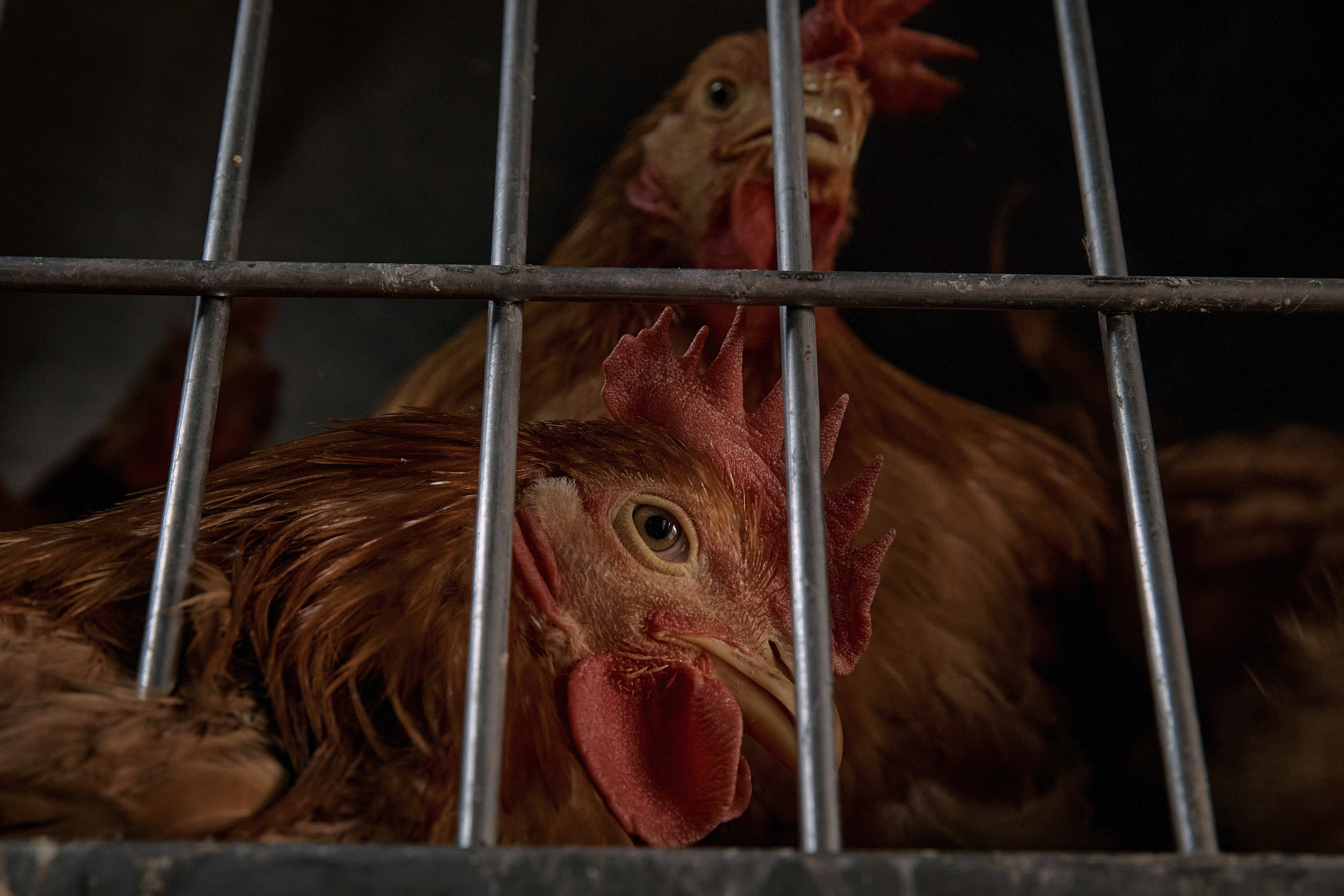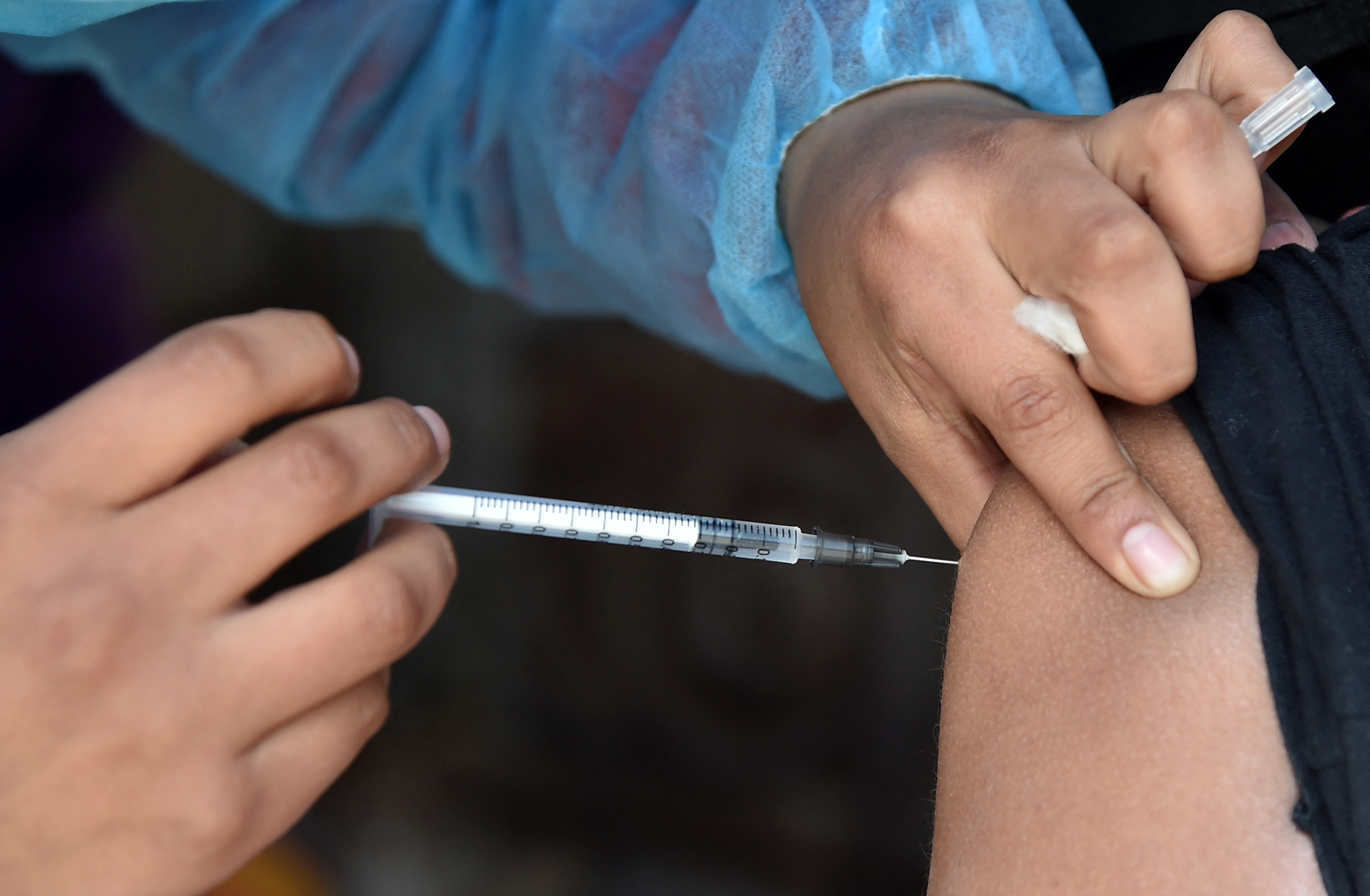Some in Plymouth are expressing frustration at the response to their reports of dead birds amid the avian flu outbreak.
Concerns over the spread of avian flu in Massachusetts continue a month in, with some residents in Plymouth expressing frustration over the local and state response to reports of dead birds in their neighborhood.
"In the last six years of me picking up the beach every day, I've never seen it like this," said Nicole Young.
Stream NBC10 Boston news for free, 24/7, wherever you are.
Plymouth's Long Beach is practically in Young's backyard. She has documented dead birds there since last month as bird flu has spread.
"Right now, it just feels like we've dropped the ball," she said collectively about the overall handling of the epidemic.
Get updates on what's happening in Boston to your inbox with our News Headlines newsletter.
Young said she's called authorities to pick up the dead animals, but instead has been getting the runaround.
"[The Massachusetts Division of] Fisheries and Wildlife, their representative was the one that told me to safely, with gloves on, put the bird bodies in a bag myself and put them into the outside container trash can at my home," she recalled. "[That was] their exact words, and I was shocked, because I said, 'Are you sure?' and they said 'Well, we have nobody to come to Plymouth right now, our resources are depleted.'"
Get top local stories in Boston delivered to you every morning. Sign up for NBC Boston's News Headlines newsletter.
Local avian flu concerns began in mid January, when dozens of birds were found dead in Billington Sea, a pond in Plymouth. To date, nearly 300 animals have been removed in Plymouth between the town and the state, according to local officials.
"Resources from the state of Massachusetts are now spread much more thinner than they were when we first originally found avian fluid on Billington Sea," said Plymouth Public Health Director Karen Keane.
Keane said the town is responding to every phone call it receives, but that environmental factors have made retrieving dead birds at Long Beach challenging, including temperature, tides and access.
"Thirty seagulls have already been picked up from Long Beach by the state of Massachusetts, and they have been studied, and to be found that they're not dying from avian flu," she said.
Keane advises residents to continue to report the encounters online or by calling the Health Department at 508-322-3339, not handle the birds them themselves, and keep an eye on pets, which are most likely to get infected by the virus.
MassWildlife encourages the public to report sightings of five or more dead animals on their website.
"We need to make sure that we get on top of it and are in control of the bird flu, and right now, it feels like nobody's in control," said Young.
MassWildlife won't respond to reports of dead or sick animals if there are fewer than 10 of them in one area. It also won't collect an animal from private property. The division strongly urges people to avoid handling sick or dead animals, while suggesting that if someone chooses to get rid of a bird from their property, they should use proper personal protective equipment and double-bag it before putting it in the trash.
That is exactly what Young plans to do, despite local and state authorities warning not to.
The Town of Plymouth said it intends to recover dead and sick animals at Long Beach next week.




